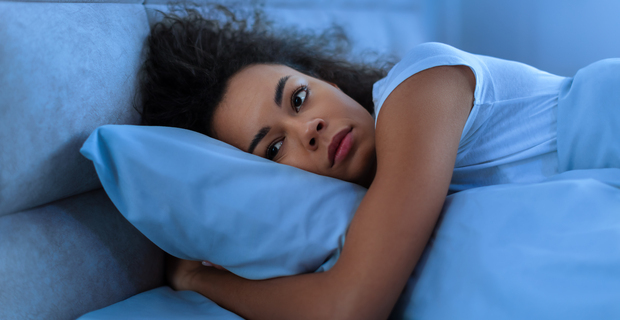Mental Health
The mental health side effects of poor sleep
Not sleeping well? Poor sleep can seriously affect your mood and mental health. Learn how lack of rest impacts your brain—and what to do about it.

Mental Health
Not sleeping well? Poor sleep can seriously affect your mood and mental health. Learn how lack of rest impacts your brain—and what to do about it.